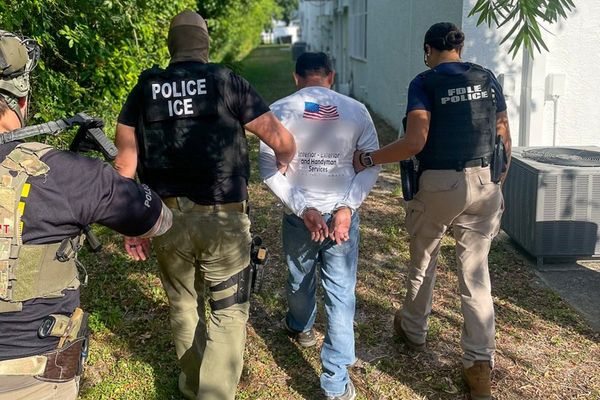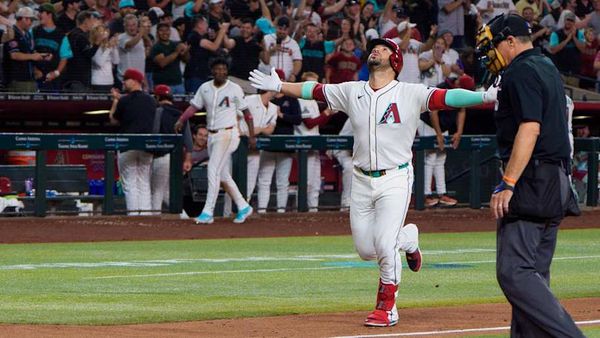
French President Emmanuel Macron will host his Lebanese counterpart, Joseph Aoun, in Paris on Friday, a visit he says signals France's full commitment to Lebanon's "recovery" and "sovereignty". The country's new government is facing a crippling economic crisis, as well as the need to rebuild after the recent Israeli-Hezbollah war.
Aoun's visit to Paris will be the second in-person meeting between the two leaders, following Macron's visit to Beirut on 17 January, underlining a determination on both sides to boost bilateral relations.
In a statement issued earlier this week, Aoun's office said his visit would be an opportunity to express "his appreciation for France’s unwavering support" and, in particular, "Macron’s personal role in facilitating the completion of Lebanon’s presidential election".
A former army chief, backed by Riyadh and Washington, Aoun was elected by parliament on 9 January, ending a more than two-year power vacuum in Lebanon under a caretaker government.
His new government – headed up by Prime Minister Nawaf Salam – is confronted by the daunting challenge of rebuilding an economy in the grips of a historic crisis, and the fallout of the Hezbollah-Israel war, which ended in a fragile ceasefire in November.
Macron, who extended the invitation earlier this month, signalled France's full commitment to Lebanon's "recovery" and "sovereignty".
He also congratulated Salam for the work he is doing "to ensure Lebanon's unity, security and stability".
November ceasefire
President Aoun said his talks with Macron will "cover matters of mutual concern, with a view to developing Lebanese-French cooperation across all sectors".
Priorities on the agenda include economic reform, and the reconstruction of towns and villages devastated by Israeli bombardments.
Speaking during a meeting with French presidential envoy Jean-Yves Le Drian in Beirut on Wednesday, Aoun highlighted Israel’s continued attacks in violation of the ceasefire.
Army chief Joseph Aoun elected Lebanese president, ending two-year wait
Aoun urged mediators – chiefly the US and France – to press Israel to abide by the agreement and ensure an end to hostilities.
The November ceasefire required Iran-backed Hezbollah to withdraw north of the Litani River, around 30 kilometres from the border, and to dismantle any remaining military infrastructure in the south.
Israel was meant to withdraw completely from Lebanese territory by 18 February, but it has kept troops at five locations it deems strategic.
Lebanese authorities have reported more than 1,250 Israeli violations of the ceasefire, leading to the deaths of 100 people and injuries to more than 330.
Rebuilding international confidence
On the economic front, the Hezbollah-Israel war has cost Lebanon more than $5 billion (€4.6 billion) in losses, with structural damage amounting to billions more, according to the World Bank.
Aoun said his visit to France is a bid to restore international confidence, and added that recent meetings had been held with the International Monetary Fund (IMF).
The previous caretaker administration did not enact the reforms the IMF had demanded, in order to implement a loan package to save the collapsed economy.
Macron promises €100m for Lebanon at aid conference in Paris
"Lebanon's economy remains severely depressed, and poverty and unemployment are exceptionally high since the 2019 crisis," said Ernesto Ramirez Rigo, the head of the IMF's delegation to Lebanon.
Lebanon's economic crisis has pushed most of the population below the poverty line, according to the United Nations.
In October last year, Macron hosted an international conference in support of Lebanon, pledging a €100 million aid package, with Italy contributing €10 million and Germany an additional €60 million.







